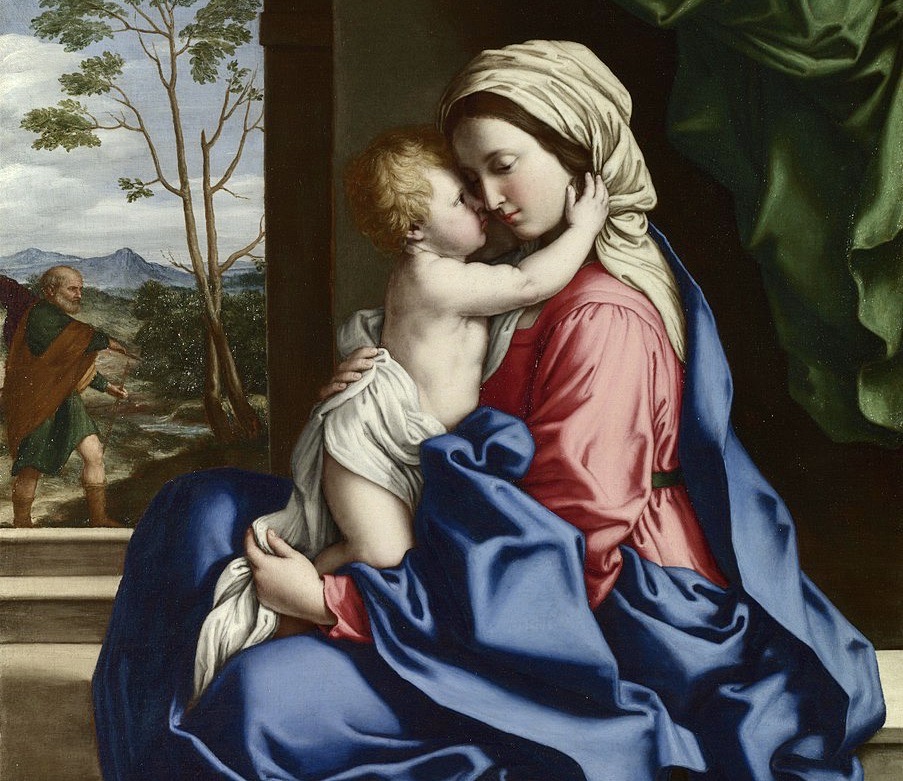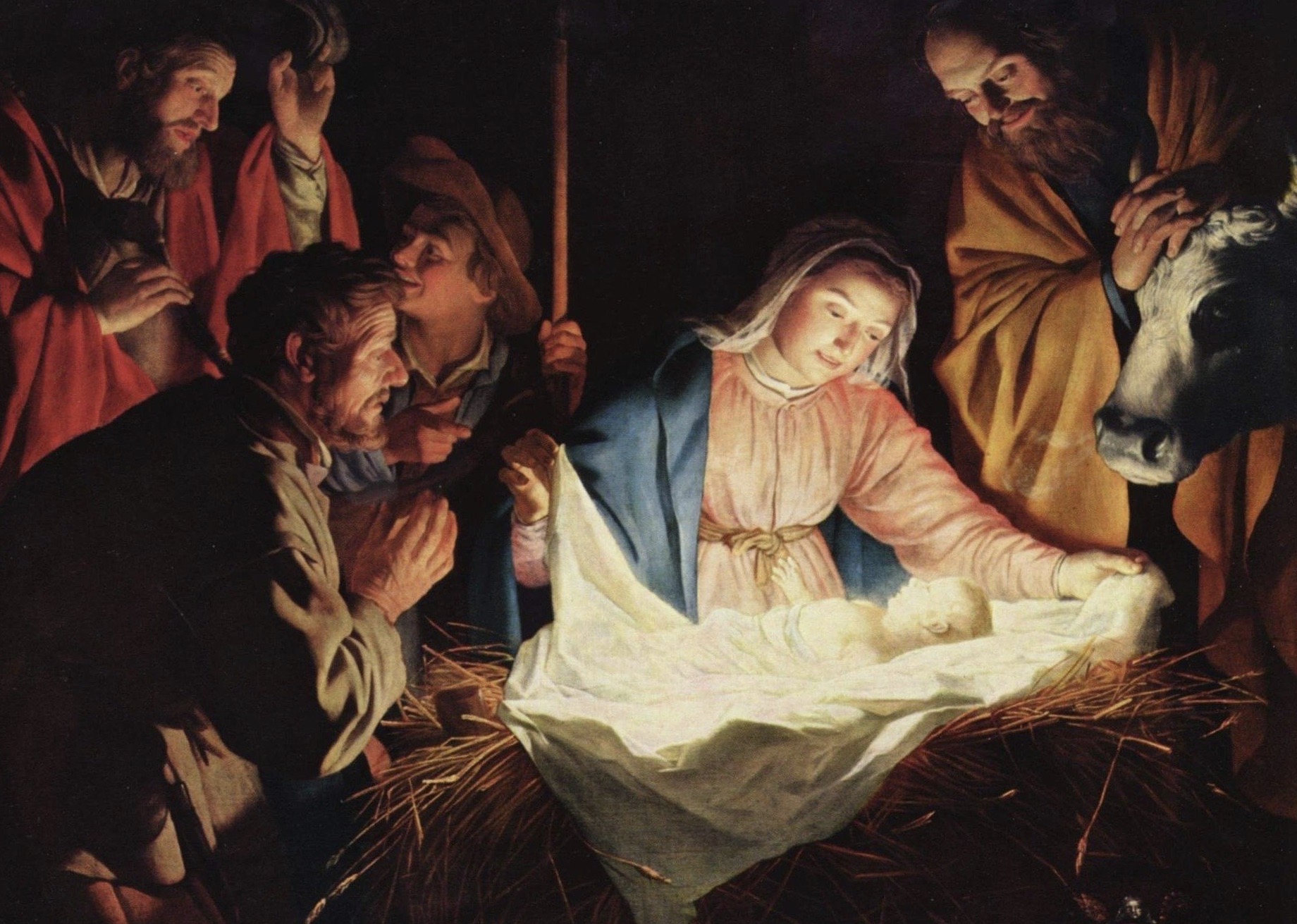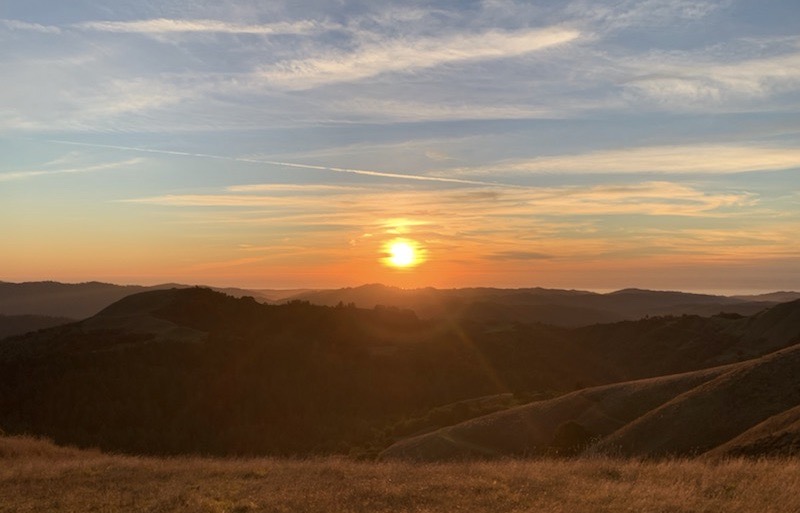The Lord Bless And Keep You
- Post author:LisaMarie McNally
- Post published:January 3, 2022
- Post category:Meditations
- Post comments:2 Comments
The LORD bless you and keep you! The LORD let His face shine upon you, and be gracious to you! The LORD look upon you kindly and give you peace! (Nm 6: 24-26)
This was from the first reading for the first day of the new year, the feast of Mary Mother of God. What a beautiful way to begin the new year, with the reminder that our loving God cares for us. A blessing is an invitation to us from God and invitation requires a response. And how do we respond to this call?
“The Lord look upon you kindly and give you peace.” How do we obtain this peace? The first thing that comes to mind is making a good confession and starting the year renewed. What are my faults? What have I done wrong? What good did I fail to do? Then I ask forgiveness and accept the mercy God offers. Yes I know some people may say, “I don’t have any sins to confess;” my response is simply, “oh, please tell me how you learned to walk on water because I haven’t managed it yet.” The second thing that comes to mind is how do we live in peace with each other? The fastest way to patience with and forgiveness of others is to pray for them. When things seem especially difficult, a novena to Our Lady Undoer of Knots has never been known to fail.
“The Lord let His face shine upon you.” This reminds us to notice all the beauty created for us. God communicates to each of us through the natural world – the softness of the gentle breeze, the brilliance of the orange and gold painted sky, the stillness of the forest, the roar of the ocean, the music of a child’s laugh, and the kindness of a stranger. God’s love surrounds us and sustains us and when we want to see His Face, He awaits us in Eucharistic Adoration speaking words of love that only our souls can hear.
“The Lord bless you and keep you.” God chose to keep His Son safe in the arms of His mother Mary. Many non-Catholics have told me that Mary is a person like us in all things including sin, but where is that in scripture? The greatest men of the Bible – Moses, David, Peter, and Paul have their sins as well as their successes told. What do we know about the Blessed Virgin Mary? An angel greets Her with “Hail, full of grace.” When Mary receives the message of the angel, she does not doubt as Zachariah did. She does not try to use human intelligence to interpret the meaning as Abraham did (Abraham slept with his wife’s maid to try to fulfill the prophesy). She inquires of the angel, Gabriel, exactly what She is supposed to do to cooperate in God’s plan. She asks if God wants Her to give up Her vow of virginity and is willing to do whatever God wants of Her. Once She understands, She gives Her assent. Little more than a child, She is already a spiritual giant. As mysteries unfold — the shepherds’ visit, the prophesy of Anna, the visit of the Magi, the finding of Jesus in the temple – She receives all these words and “Mary kept all these things, reflecting on them in her heart.” (Lk 2:19) Her only concern is doing the Will of God and loving Her Son with all Her mind, all Her heart, and all Her strength.
On Her feast day as Mother of God, we celebrate the mystery that God has revealed to us. God the Son has willingly given up His throne in Heaven to be with us and experience life as we experience it. God the Father in His great love for His Son has chosen Mary’s womb as His throne at the Incarnation. The angels’ songs are replaced by Mary’s lullabies. Our Father loves His Son so much that He created a perfect, sinless human creature to give His Son a love more perfect than the angels’ adoration. God the Father entrusted His Only Begotten Son into Her arms at His Nativity. This is the same refuge Jesus gave us at the Cross when He said “Woman behold your son.” (John 19:26) The “handmaid of the Lord” (Lk 1:38) is always obedient to the will of God. We can trust Her to keep us safe and carry us toward Him.





